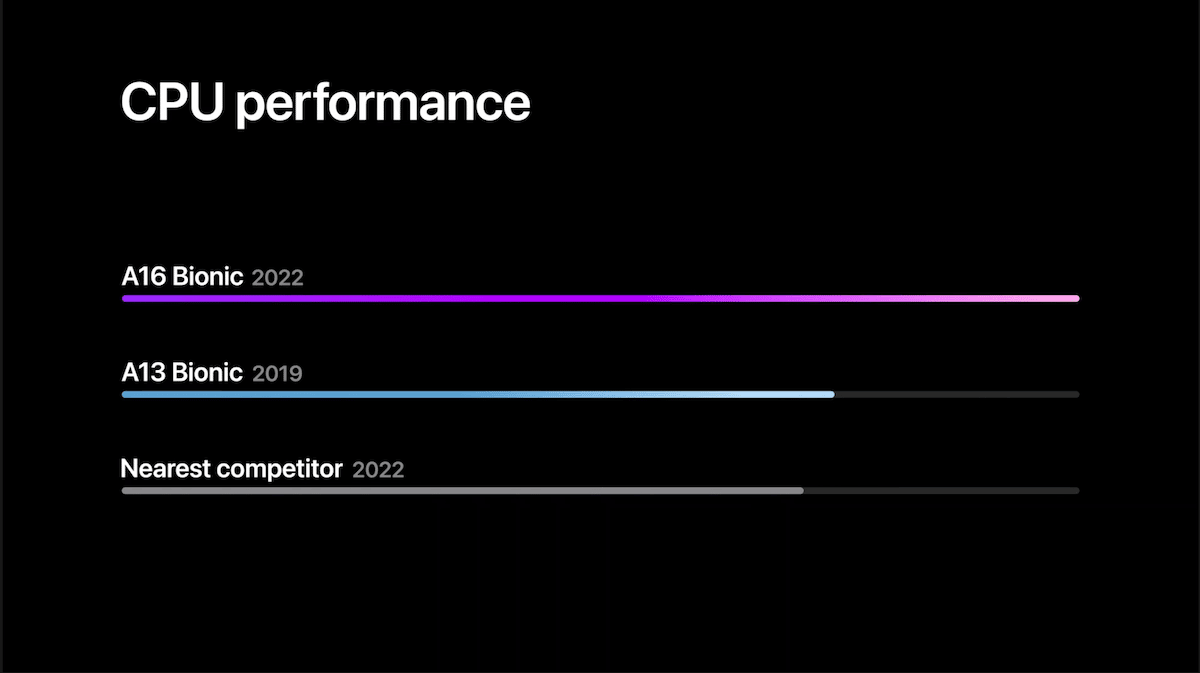The latest iPhone 14 Pro models are powered by an A16 Bionic chip built on an advanced 4nm process that outshined Qualcomm’s next-generation Snapdragon 8 chip which is going to launch in Android smartphones later this year.
Although Qualcomm is Apple’s exclusive supplier of LTE and 5G modem chips, it is also the tech giant’s competitor. After acquiring Nuvia, Qualcomm announced that it would launch Nuvia Arm chips for PCs by late 2023 as an answer to M1 Apple Silicon for Macs because the GeekBench v5 scores of its Snapdragon 8cx Gen 3 were far behind M1 Apple Silicon in single-core and multi-core performance.
For Android smartphones, Qualcomm claimed that its Snapdragon 8 Gen 2 will “revolutionize the landscape of flagship smartphones in 2023 and “define a new standard for connected computing, intelligently engineered with groundbreaking AI across the board to enable extraordinary experiences.” However, the performance scores say otherwise.

Snapdragon 8 chip achieved lower Geekbench scores than A16 Bionic chip and A15 Bionic chip
DealNTech shared the Geekbench scores for the Snapdragon 8 Gen 2 found in an unreleased Android smartphone which not only scored lowered than the A16 Bionic chip in iPhone 14 Pro but also than the A15 Bionic chip in standard iPhone 14 and iPhone 13 Pro models.
- Snapdragon 8 chip
- 1483 in single-core
- 4709 in multi-core
- A16 Bionic chip
- 1874 in single-core
- 5372 in multi-core
- A15 Bionic chip
- 1709 in single-core

Although the A16 Bionic chip and Snapdragon 8 Gen 2 are built on TSMC’s 4nm process, the A16 Bionic chip outperforms the second-generation Snapdragon 8 processor.
In addition to processing chips, the difference in performance between Qualcomm’s 5G modem for Android and Apple also exists. Early testing of 5G speeds on the latest flagship iPhone 14 and Samsung Galaxy Z Fold 4 models revealed that iPhone 14 Pro Max delivers faster 5G speeds than Samsung Galaxy Z Fold 4 in most countries.